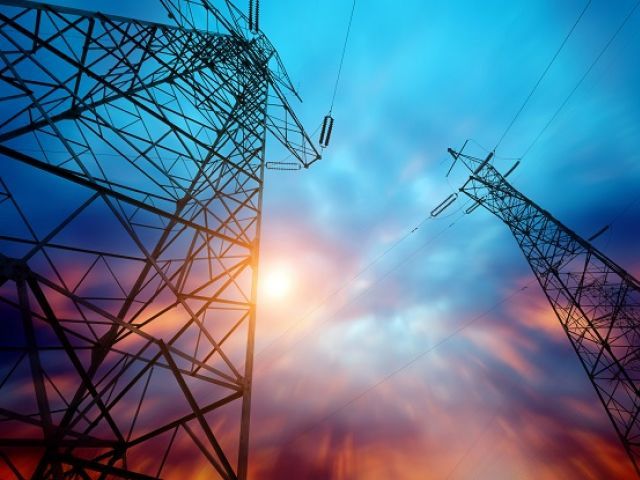
According to the budget book, the subsidy amount has gone up from Rs137.603 billion to Rs140.6 billion, but in relation to the total size of the national economy, it has slipped to 0.4% of gross domestic product (GDP) for the next fiscal year compared to 0.5% in the outgoing year. In 2014-15, the subsidy stood at 0.7% of GDP.
With the fresh allocation, the government expects to provide some cushion to the consumers of electricity, wheat and sugar. However, it remains unclear whether the state will be able to keep itself within the ceiling or grossly overshoot the target as happened in the outgoing year.
In 2015-16, subsidy payments are estimated to have jumped to Rs196.54 billion from the target of Rs137.6 billion, courtesy support extended to power companies and K-Electric that serves Karachi consumers.
According to the budget documents, Rs95.4 billion has been set aside for subsidising the power industry, excluding K-Electric. Of this, Rs60 billion will cover tariff differential claims of the power distribution companies and Rs8 billion will be utilised to pick up receivables from the Federally Administered Tribal Areas (Fata) against Rs6 billion this year.
An amount of Rs8.4 billion has been earmarked for subsidising agricultural tube wells in Balochistan, down from Rs9 billion this year. Apart from this, Rs19 billion will be spent on clearing arrears on account of tariff differential among power distribution companies.
Separately for K-Electric consumers, the government has increased the subsidy to Rs22 billion against the Rs20 billion target in the outgoing year. However, actual subsidy swelled to Rs53.4 billion in the current fiscal year, show revised estimates.
In an attempt to bridge the gap between the cost of power generation and the electricity price recovered from consumers, Rs98 billion was set aside this year, but it went up to Rs117.8 billion because of inefficiency and bad governance in power companies as well as unchecked electricity theft.

Essential goods
The government has not made any change in subsidy on the sale of sugar and Ramazan package for the next fiscal year and the Utility Stores Corporation will receive Rs7 billion.
Of this, Rs5 billion will be spent on clearing arrears of sugar sale and Rs2 billion will cover the Ramazan package.
In the outgoing year too, Rs7 billion had been allocated for these areas, but the amount was reduced to Rs5 billion in the revised estimate as Rs2 billion was paid to clear arrears of sugar sale against the allocation of Rs4 billion.
The cushion for the Pakistan Agriculture Storage and Services Corporation (Passco) has been stepped up to Rs15.3 billion against Rs11.3 billion this year, which will go for wheat purchase and keeping its reserves to stabilise market prices. In 2015-16, the government could not utilise the entire amount that fell to Rs10 billion against the target of Rs11.3 billion.
In the coming year, Rs7 billion has been earmarked for wheat operations, Rs7 billion for keeping wheat stocks and Rs1.3 billion in freight subsidy on sugar export.
In the outgoing year, Rs10 billion had been set aside for subsidising national food security measures and fertiliser sales. But this subsidy has been withdrawn for the next year. However, Rs303 million has been earmarked for wheat sale in Fata.
Published in The Express Tribune, June 4th, 2016.
Like Business on Facebook, follow @TribuneBiz on Twitter to stay informed and join in the conversation.






1719053250-0/BeFunky-collage-(5)1719053250-0-270x192.webp)










COMMENTS (1)
Comments are moderated and generally will be posted if they are on-topic and not abusive.
For more information, please see our Comments FAQ